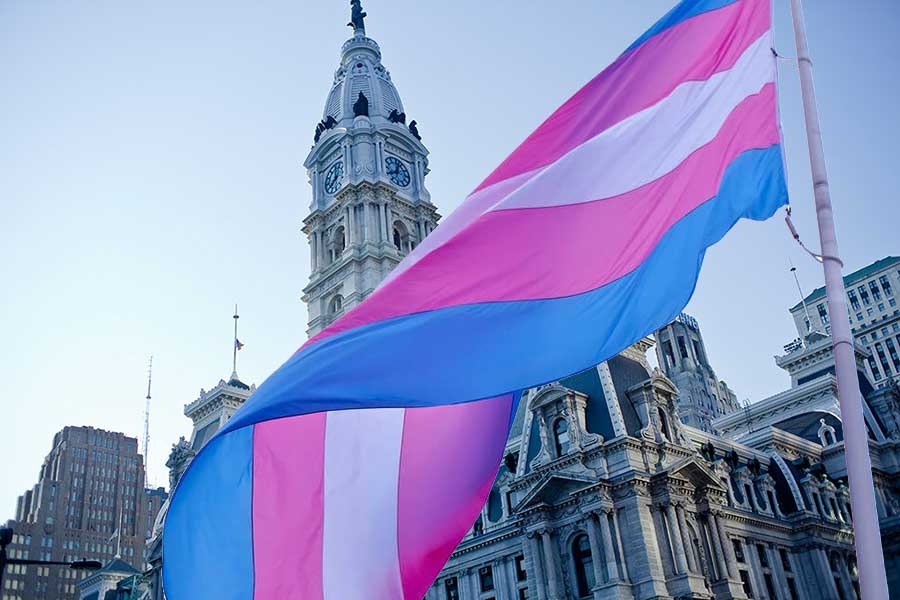After several years of wrangling and cajoling, the City of Philadelphia plans to make new municipal identification cards available to all residents this month.
The municipal IDs would help residents who have had trouble acquiring employment with standard government-issue cards. Among those who would benefit include the homeless, undocumented immigrants, transgender individuals and those who choose a genderless option.
Another plus is that the municipal ID cards will be less expensive than those issued by the state ($5-$10, instead of $30.50 for a Pennsylvania ID).
Amber Hikes, executive director of the Mayor’s Office of LGBT Affairs, said of the program, “For far too long, binary gender markers have made it impossible for nonbinary people to acquire identification that accurately reflects their identity. Our nonbinary and gender-nonconforming siblings deserve true representation in their legal documents and forms of identification at all levels of government.
“To that end,” Hikes added, “Philadelphia’s new municipal IDs will have a nonbinary option for gender as well as a fourth option to not disclose gender at all. At the Mayor’s Office of LGBT Affairs, we are proud to take another step in affirming and advancing civil rights of LGBTQ Philadelphians, especially those who are nonbinary and/or gender nonconforming.”
The municipal ID will display the resident’s name, date of birth, address and signature, along with the issue date of the card and a photograph taken by the city. For those who are transgender, the photograph, according to its regulations, “must reasonably resemble” the cardholder. When it comes to answering the question of “gender,” the options will include “F” for female, “M” for male, “NB” for non-binary — people not identifying with either gender — and “X” if the person chooses not to include gender.
Joanna Otero-Cruz, who is overseeing the municipal ID program from the Managing Director’s Office, said City Council has long recognized the need for a municipal ID, even if the legislation took two years to pass.
“The bill was passed unanimously,” Otero-Cruz said. “City Council was aware that this ID would be important for day-to-day use, that every individual needs an ID, whether it is to access certain buildings or to take advantage of social services. Be it those who need medical assistance, have problems with opioid addiction, domestic-violence victims and lots of reasons.”
Council members started researching what the IDs should include in 2017 with help from The Sheller Center for Social Justice at Temple University Beasley School of Law. They examined what the best possible practices were for individuals regarding matters of confidentiality and safety.
“We wanted to make sure that the card had integrity among its users and [would be] widely accepted — not just for social services, but all government departments and financial institutions,” Otero-Cruz said.
To that end, the municipal ID can be used as a Free Library card, and soon, the Department of Prisons will offer the card to those who were once incarcerated but have been released. The city is not only asking cultural institutions to offer discounts through the card.
In addition, the City is asking local banks to accept the IDs as proof of identity.
Otero-Cruz said the City’s LGBTQ Commission and Hikes acted as advisers to help develop an ID in terms of gender fluidity and trans concerns such as photographic elements.
“That is extremely necessary as many vulnerable and marginalized populations could definitely benefit by having proper identification and having easy access to that,” said Otero-Cruz. “That’s the best practice for all of Philadelphia’s population.”
Every Philadelphian will be able to get municipal IDs when the program begins at March’s end (specific date, TBD) with registration occurring in Room 167 at City Hall, or at two mobile sites in the area. One such mobile site is planned in Northeast Philly at a venue as yet to be named, and one at the Broad Street Ministry across from the Kimmel Center in Center City.

